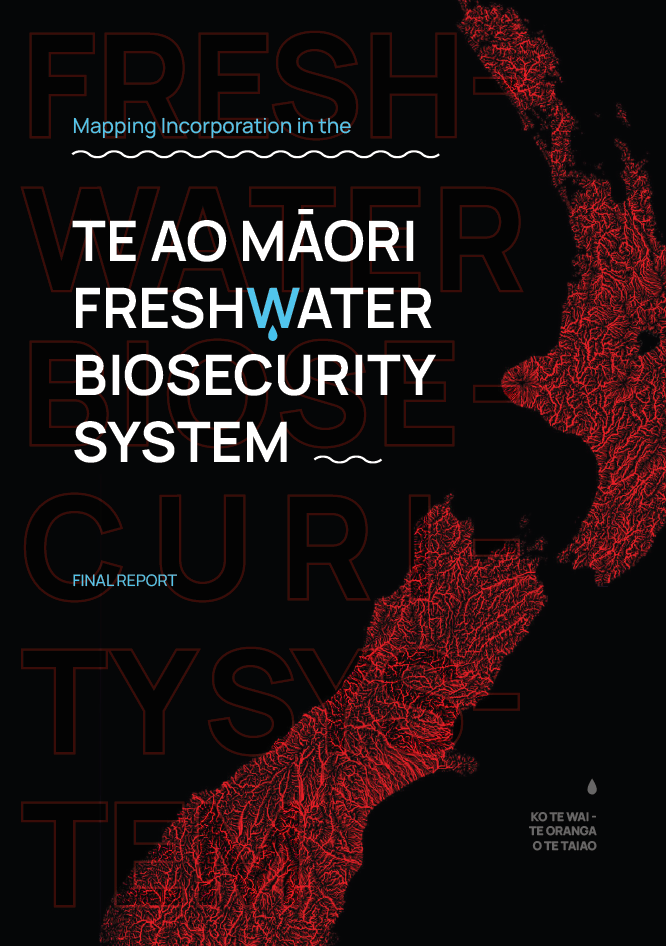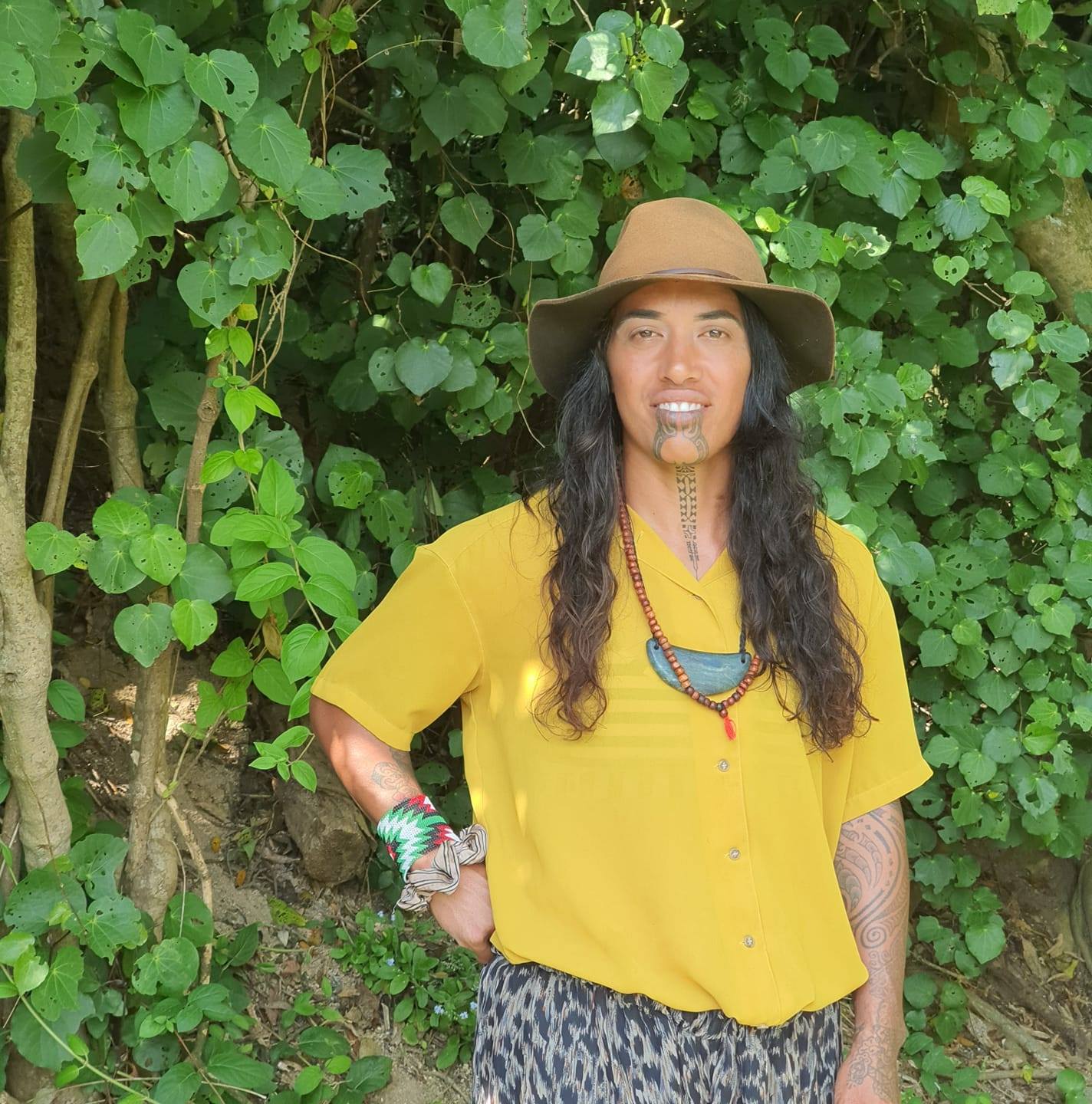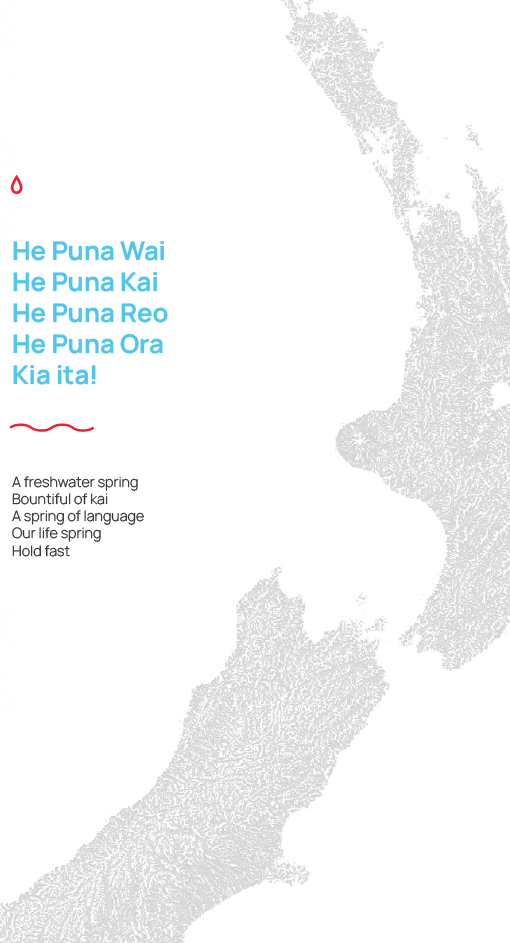
Ko te wai - te oranga o te taiao
This report explores how Māori freshwater biosecurity Kaitiaki engage with Aotearoa’s freshwater pest management system, highlighting challenges and opportunities for aligning efforts with Te Ao Māori. Based on insights from Māori experts, it provides actionable recommendations to strengthen kaitiakitanga and improve the protection of our waterways.
DOWNLOAD THE FULL REPORTThis report is an opportunity to peer into brilliant Māori minds. These Kaitiaki and Kairangahau offer valuable insights into the intersection of cultural values and environmental stewardship, colliding, sometimes with pointy edges, with Government and regulatory practices.
They walk their talk and demonstrate their love of the whenua and wai through their daily actions. Their intentional application of various mātauranga Māori informed frameworks, that weave together traditional knowledge systems and science, has been humbling to listen to and reflect upon.
MEA believe the insights gathered from Kaitiaki Māori are important for DOC staff as a template to protect community relationships as well as understand how mātauranga Māori can help inform practice to safeguard freshwater ecosystems from invasive pest species.
Ko te mea nui - mahia te mahi, we must work together to get this work done.
In this research, we highlight key strategies for strengthening DOC’s freshwater biosecurity efforts by integrating Te Ao Māori principles, ensuring Māori communities can exercise kaitiakitanga and mana whakahaere. Across all case studies, a recurring theme is the need for trust-based relationships, prioritising local expertise, and providing culturally responsive support for whānau-led initiatives.
This report serves as a foundational resource for DOC to refine its strategies and commitments under the Ngā Riha wai-Māori programme, advancing towards shared goals of biodiversity conservation and cultural revitalisation.
Ngāti Awa, Te Arawa
Previous Kaimahi for Te Arawa Lakes Trust
MEA acknowledges the work of Davina and her untimelypassing on the 1st of October 2024.
E te tūāhine, Moe mai i roto i te āhurutanga o tō tūpuna.


These interviews from across Aotearoa illuminate the unwavering dedication and deep connection that taiao advocates have with our waterways. Their insights highlight the urgent need to honor relationships, embrace diverse approaches, and provide meaningful support and resources to local kaitiaki.
Protecting and conserving our freshwater taonga for future generations requires a shift—one that builds upon the positive relationships DOC has established with mana whenua and tangata whenua while challenging and discarding what no longer serves our ecosystems.
Across every region, these voices call for a transformation in freshwater management, ensuring that mātauranga Māori and kaitiakitanga lead the way.
Follow us on Facebook for the latest updates, or subscribe to our pānui below to receive more stories, insights, and updates on MEA kaupapa directly to your inbox.